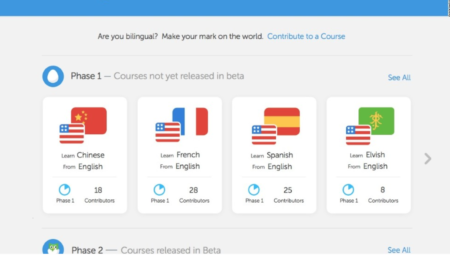

In just one year, family has overtaken school and brain training to become the top motivator for new U.S. and French learners are examples of this global trend. Guaraní learners in Paraguay are more motivated by culture (they are probably the ~20% of Paraguayans who don't already speak Guaraní or may be non-Paraguayans now living in Paraguay.)įamily and culture drive learners to study new languagesĬOVID-19 continues to stifle travel plans in most parts of the world, so learners are thinking less about languages to use on the road and instead are studying for reasons closer to home: to connect with the family, friends, and cultures that have kept them going through nearly two years of pandemic precautions. Finnish learners in Finland study more for work, which could mean they are likely non-Finns working in Finland. While school, family, and friends are top reasons for these Finnish and Guaraní learners, the second most common reason for learning the language indicates some differences in these groups. Finnish has become the second most popular language to study in Finland, and similarly Guaraní, an indigenous language from South America, is now the #2 language studied in Paraguay, where it is an official language. The languages occupying the #2 spot in each country are also becoming increasingly diverse: this year, old favorites like French, Spanish, and German are joined by two new additions to this list: Finnish and Guaraní. School districts and universities may be slashing language courses and funding, but our data shows that learners are more interested in studying languages for personal, cultural, and entertainment reasons-which has led them to study more diverse languages.Įnglish, Spanish, and French remain the most popular languages to study globally, but when we look at the languages studied in individual countries, we see that more languages than ever before have reached the #1 spot: in 2021, 10 languages made the list of most popular to study by country, up from 8 languages in 2020 and 7 in 2016. Learners around the world want to study a wider variety of languages than have traditionally been available to them. World interest in under-studied languages increases-again! The world is tuning in to more Korean and Japanese entertainment, listening to more K-pop, and reframing language study as something you do to complement and support your interests and other activities-not just something required of you in a classroom. The growth of interest in studying Asian languages shows no signs of slowing. It is also one of the top 5 fastest-growing languages in Mexico and Brazil.


It's no surprise that Duolingo's Most 2021 Phrase was "I am mentally exhausted." Much of the globe continued to cycle through stay-at-home orders, delayed return-to-office plans, and ever-changing health policies-but the year was not without bright spots, including vaccines, the Olympics and UEFA Euro tournament, and plenty of captivating TV.Īnd for millions of people, language learning was another bright spot.

The results of the 2021 Duolingo Language Report clearly show that learners continue to turn to languages to build bridges with cultures and people, across distances we can't quite traverse in person-yet.įor learners around the world, 2021 wasn't the return-to-normal we had been envisioning since the start of the COVID-19 pandemic. As a result, our data offers unique insights into what languages learners worldwide want to study and how their interests change over time and geography. Duolingo is the world's most downloaded education app, and we offer over 100 courses teaching 40 languages-all for free. The 2021 Duolingo Language Report presents the latest language trends and learner behaviors based on data from over 500 million Duolingo learners around the globe.


 0 kommentar(er)
0 kommentar(er)
